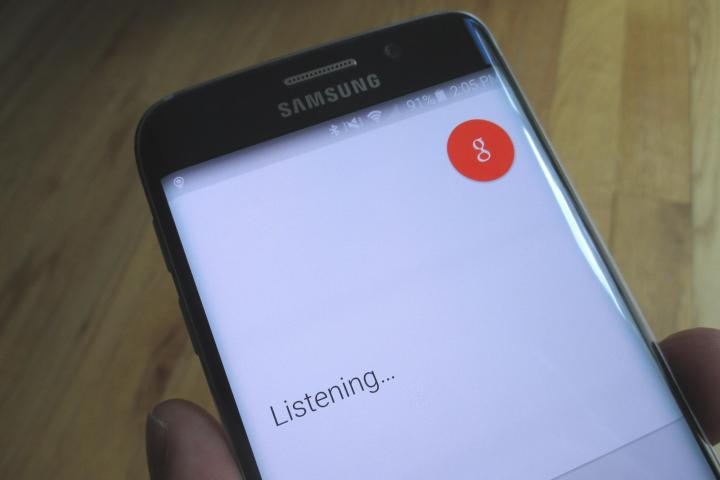
For the last six years, the Commission and Google have engaged in an exhaustive discussions over whether or not Google has taken advantage of its dominant position in the search world. This is by no means the first time the company has been accused of establishing a sort of de facto monopoly, but the Telegraph reports that this could be a “watershed moment in Silicon Valley’s competition battle with Brussels.”
The $3.4 billion figure isn’t even the maximum possible punishment — rather, should the EC get its way, Google could be looking at payments of up to 6.6 billion euros, or nearly $7.5 billion. This would represent approximately 10 percent of its annual sales.
Lately, it seems as though Google simply can’t catch a break, as the company is also being investigated for its “alleged monopoly abuse related to Google’s Android smartphone software,” The Sunday Telelgraph reports.
Much of the Commission’s fight with Google, sources state, seems largely symbolic, and a victory would send a message to other corporations that seem to occupy too much of a certain industry. As of Sunday, Google spokespeople had not responded to requests for comment, though its seven-year history with the Commission certainly seems to suggest that the tech colossus will continue to fight the latest allegations.
Should Google choose to take the argument to court, it could refuse to pay the fine and engage in a lawsuit within the European Court of Justice. So if you didn’t believe that more money means more problems before, this certainly seems like plenty of proof.
Editors' Recommendations
- Spellcheckers in Google Chrome could expose your passwords
- Microsoft faces antitrust investigations over its $19.7 billion Nuance purchase
- Pixel 3a confirmed to get Android 12L even as Google winds down Pixel 3 support
- Google’s 3-year update promise for the Pixel 6 is disappointing but predictable
- Google could bring back the ultrawide selfie camera with the Pixel 6 Pro


